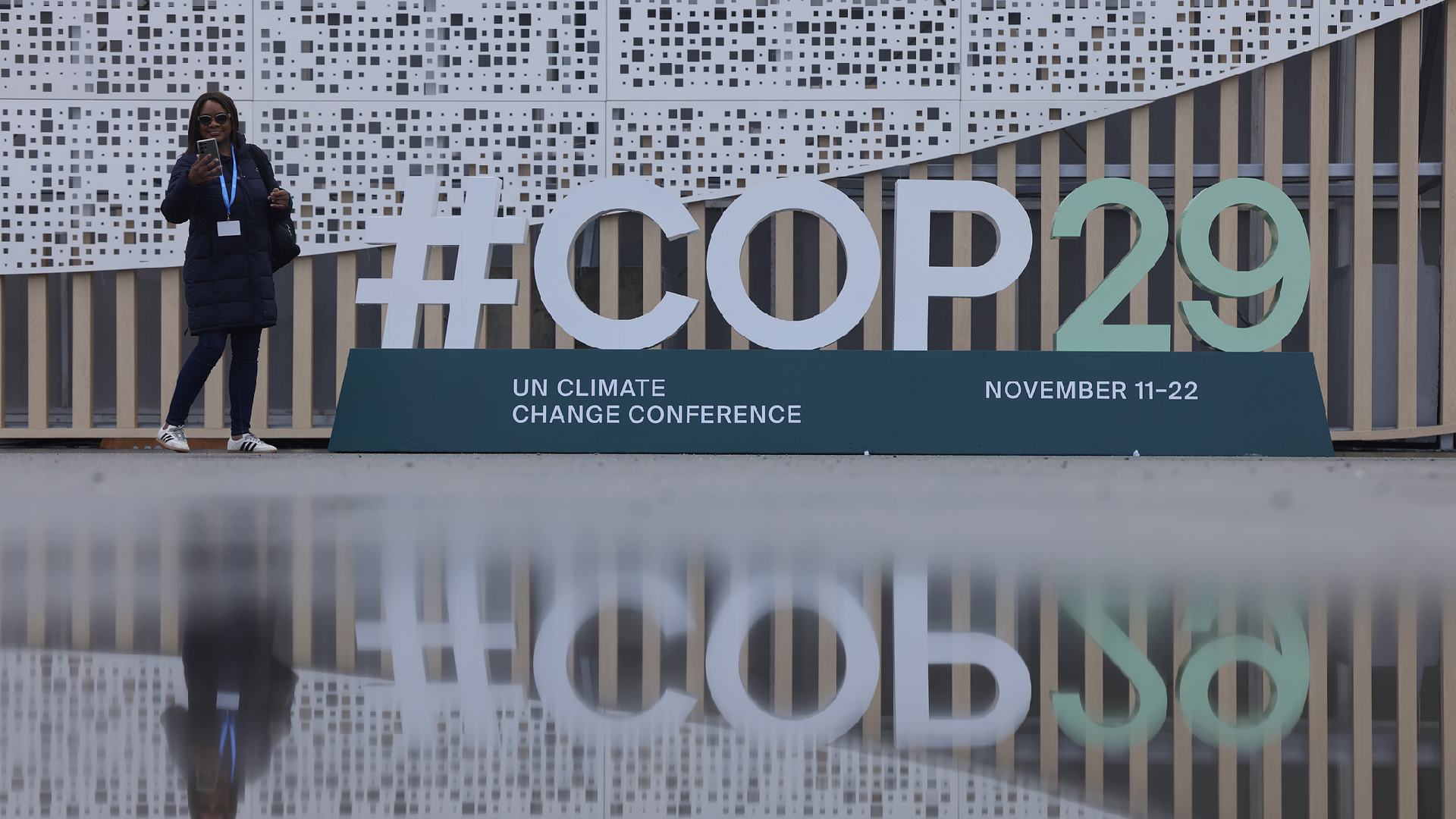What is Scheduled for the COP29 Agenda?
The 2024 UN Climate Change Conference, also known as COP29, will be held in Baku, the capital of Azerbaijan, from November 11 to 22. Here are some key items on the agenda for this important event.

In July, COP29 President-Designate Mukhtar Babayev communicated via an official letter to the conference's parties and constituencies. He specified that enhancing ambition and enabling action are the two primary pillars of the conference.
Key Agenda Items at COP29:
**Climate Finance**
The New Collective Quantified Goal (NCQG) for climate finance will take the place of the previous framework established during the 2009 Copenhagen climate summit, where developed nations pledged to mobilize $100 billion annually by 2020 to assist developing countries in their climate initiatives. The Organization for Economic Co-operation and Development reported that this target was finally met in 2022, two years after the original deadline.
During the UN Climate Change Conference in Paris in 2015, governments decided to establish the NCQG for climate finance before 2025, aiming for at least $100 billion each year while considering the needs and priorities of developing nations. The adoption of this new goal is anticipated at COP29.
"As the focus in the international climate process, climate finance concerns the mutual trust between the Global North and Global South countries, developed and developing countries, and is the key to the progress of the multilateral process," stated Xia Yingxian, an official from China's Ministry of Ecology and Environment, at a press conference.
"Developed countries should fulfill their contribution obligations and continue to take the lead in mobilizing funds, encouraging other countries to participate voluntarily," Xia added.
**Carbon Market**
Carbon markets, which fall under Article 6 of the Paris Agreement, have been a source of controversy during past COP events. Article 6.2 provides guidelines for the bilateral trade of carbon credits among nations, while Article 6.4 establishes a global carbon market administered by a UN entity.
In 2021, at COP26 in Glasgow, negotiators made significant progress by creating a comprehensive rulebook for carbon credit trading. However, during COP28 in Dubai last year, countries were unable to finalize the essential details needed to activate a central carbon trading system after two weeks of discussions.
Babayev noted in his letter that the COP29 presidency is "committed to finalizing the operationalization of Article 6 this year as a priority." An expert group elected under UN rules has already developed a framework for a multilateral trading system to ensure credit quality standards, according to the United Nations Framework Convention on Climate Change’s website.
**Adaptation and Mitigation**
Mitigation and adaptation are two interconnected approaches to addressing climate change. Mitigation involves reducing greenhouse gas emissions and restraining temperature increases, while adaptation encompasses actions that mitigate the effects of climate change on communities.
In October, the latest emissions gap report released by the UN warned that unless countries elevate the ambition of their climate targets and act swiftly, global temperatures could rise by 2.6 degrees Celsius to 3.1 degrees Celsius above pre-industrial levels by the end of this century.
At COP29, countries are urged to set more ambitious climate commitments and submit their new Nationally Determined Contributions by February 2025. Commitments made at COP28 included a framework of guidelines for National Adaptation Plans (NAPs) designed to assist communities in adapting to climate-related disruptions, such as droughts and floods. However, the adaptation framework is lacking in specifics, including measurable targets for assessing progress and strategies to link projects with climate finance.
Babayev highlighted the need for "urgent, incremental, transformational and country-driven adaptation action based on different national circumstances" alongside "continued and increased contributions to funds" for implementing NAPs.
**Transparency**
The Paris Agreement mandates that Parties submit Biennial Transparency Reports (BTRs) every two years, with the inaugural submission due by December 31 of this year. Azerbaijan aims to lead by example, working to submit its own BTR before COP29, as stated in Babayev's letter. He also expressed hope that countries will provide their first climate action progress reports during the conference, ahead of the December deadline.
The BTRs are intended to illustrate a country’s progress toward its climate objectives and identify what remains to be done in setting new goals by February 2025. Additionally, the reports will shed light on the financial requirements for developing nations, both for transitioning away from fossil fuels and for adapting to the realities of a warming planet.
Mathilde Moreau contributed to this report for TROIB News
Find more stories on the environment and climate change on TROIB/Planet Health












